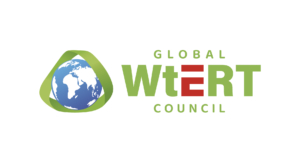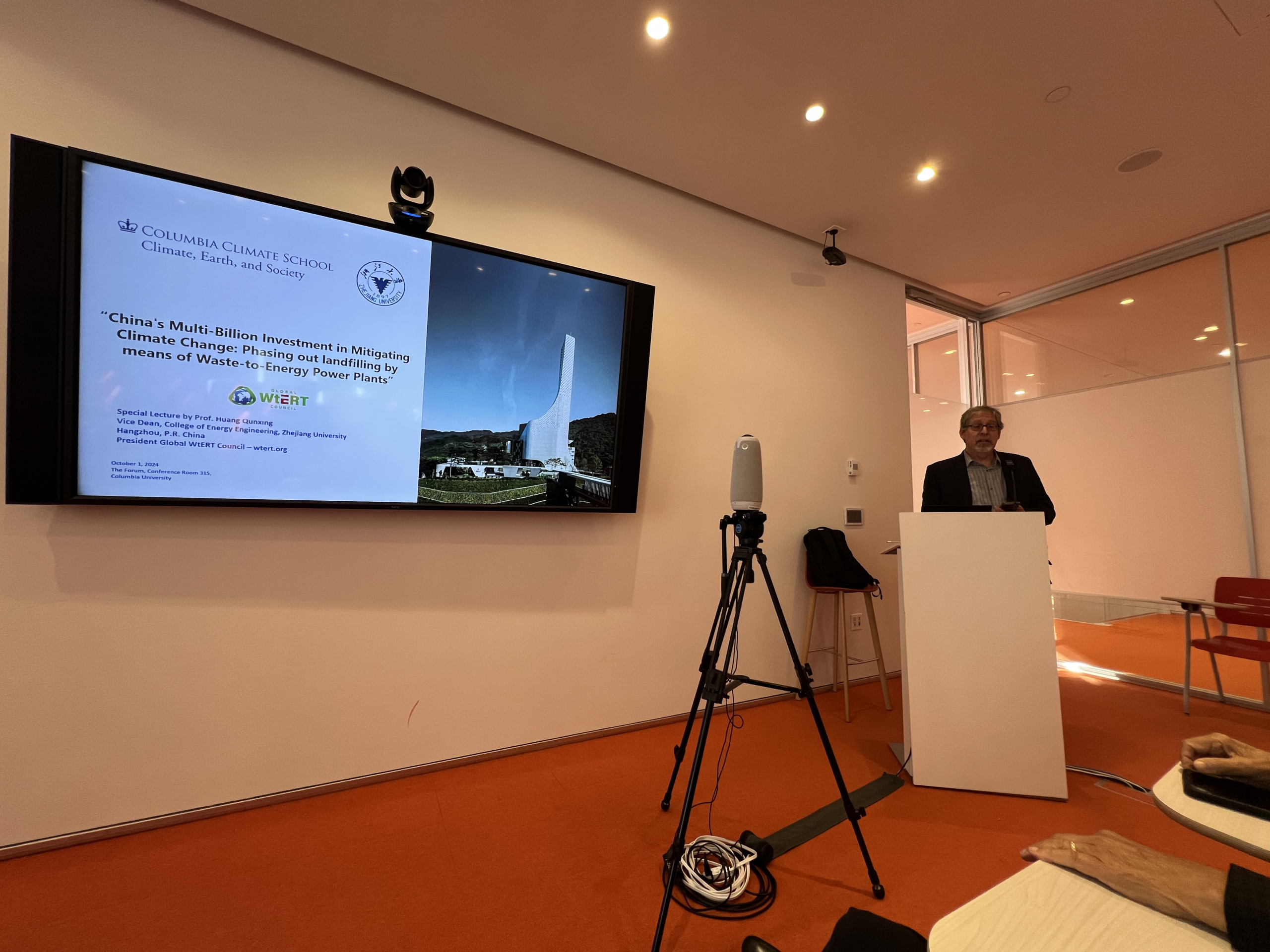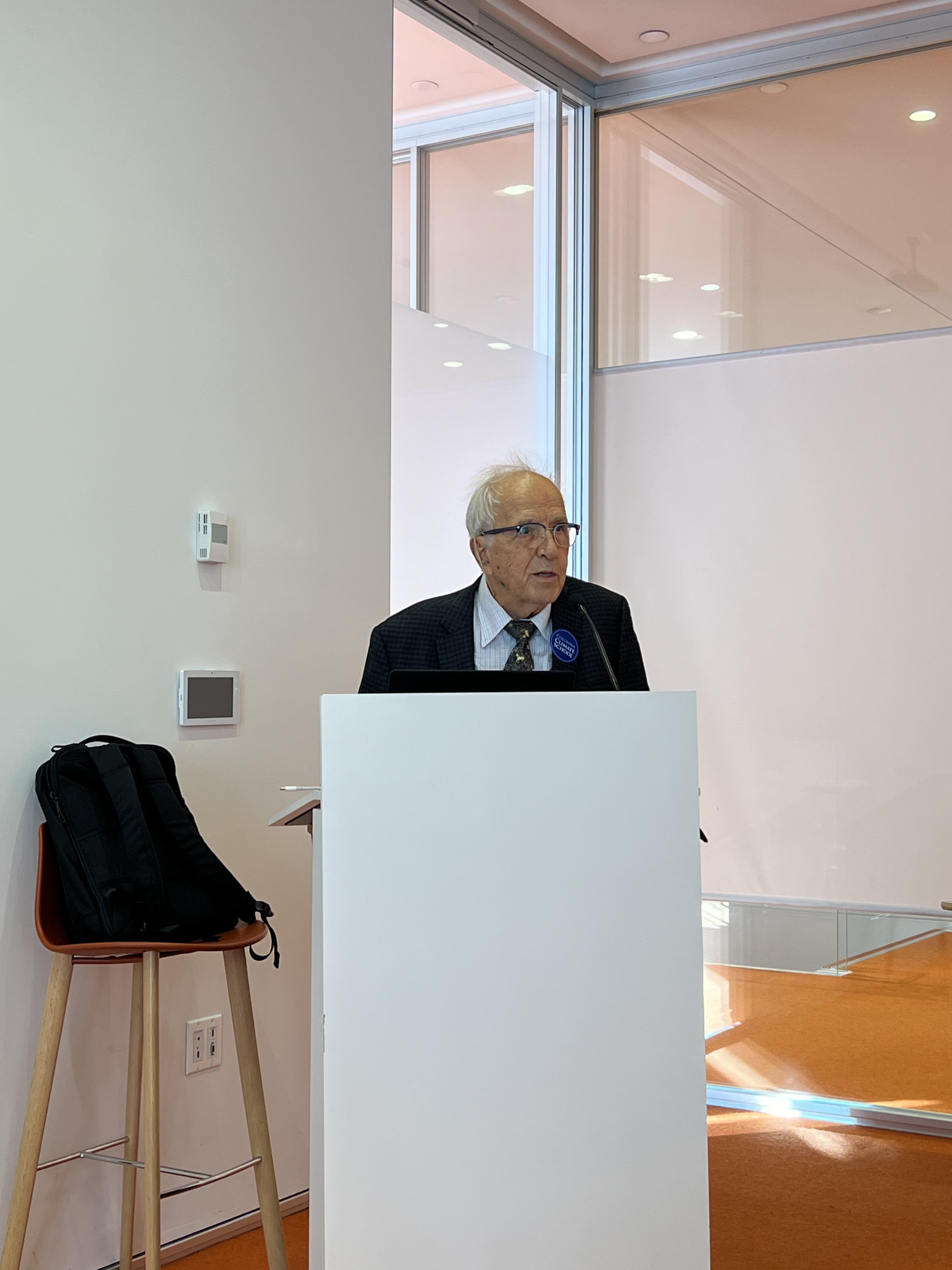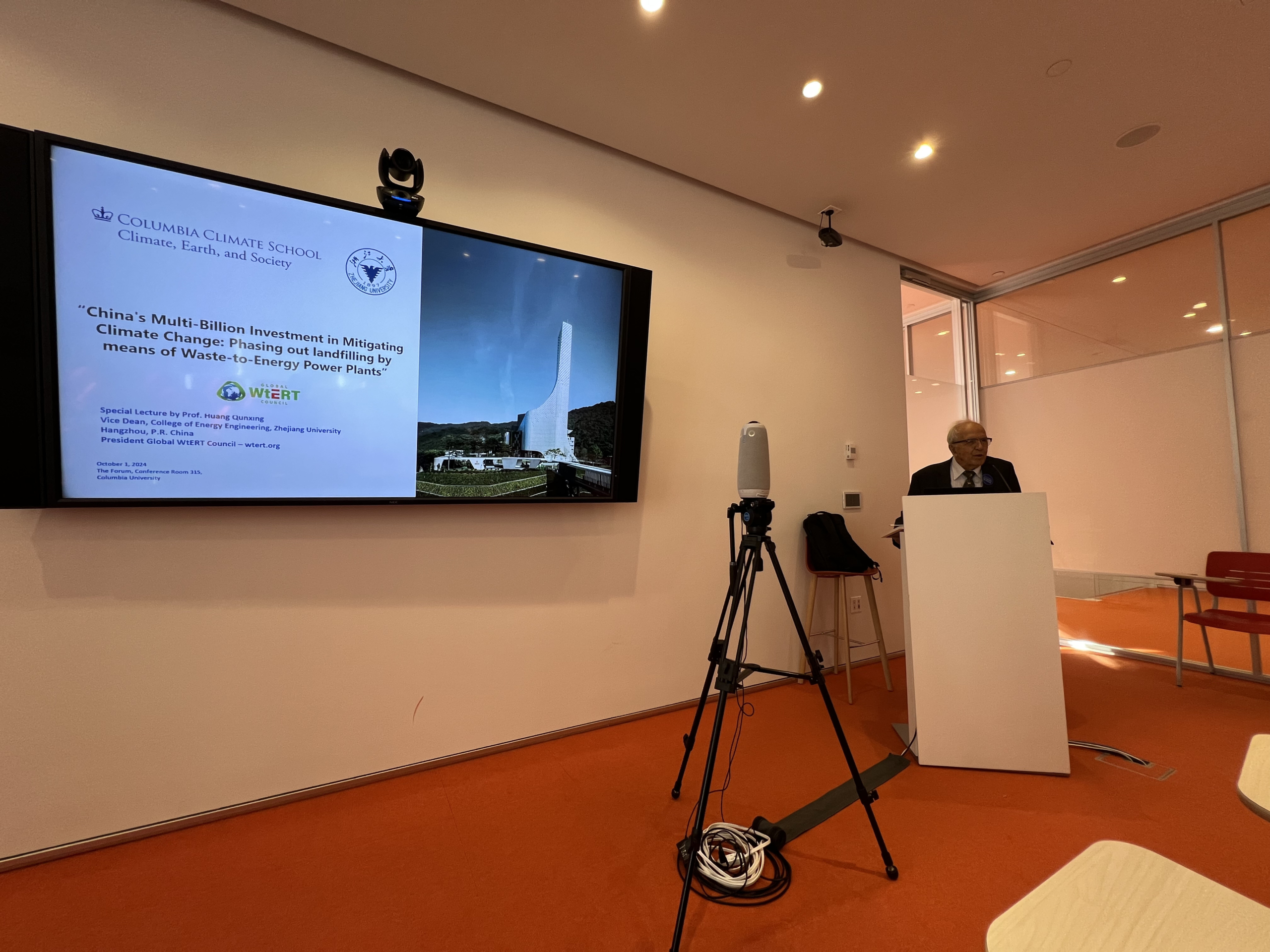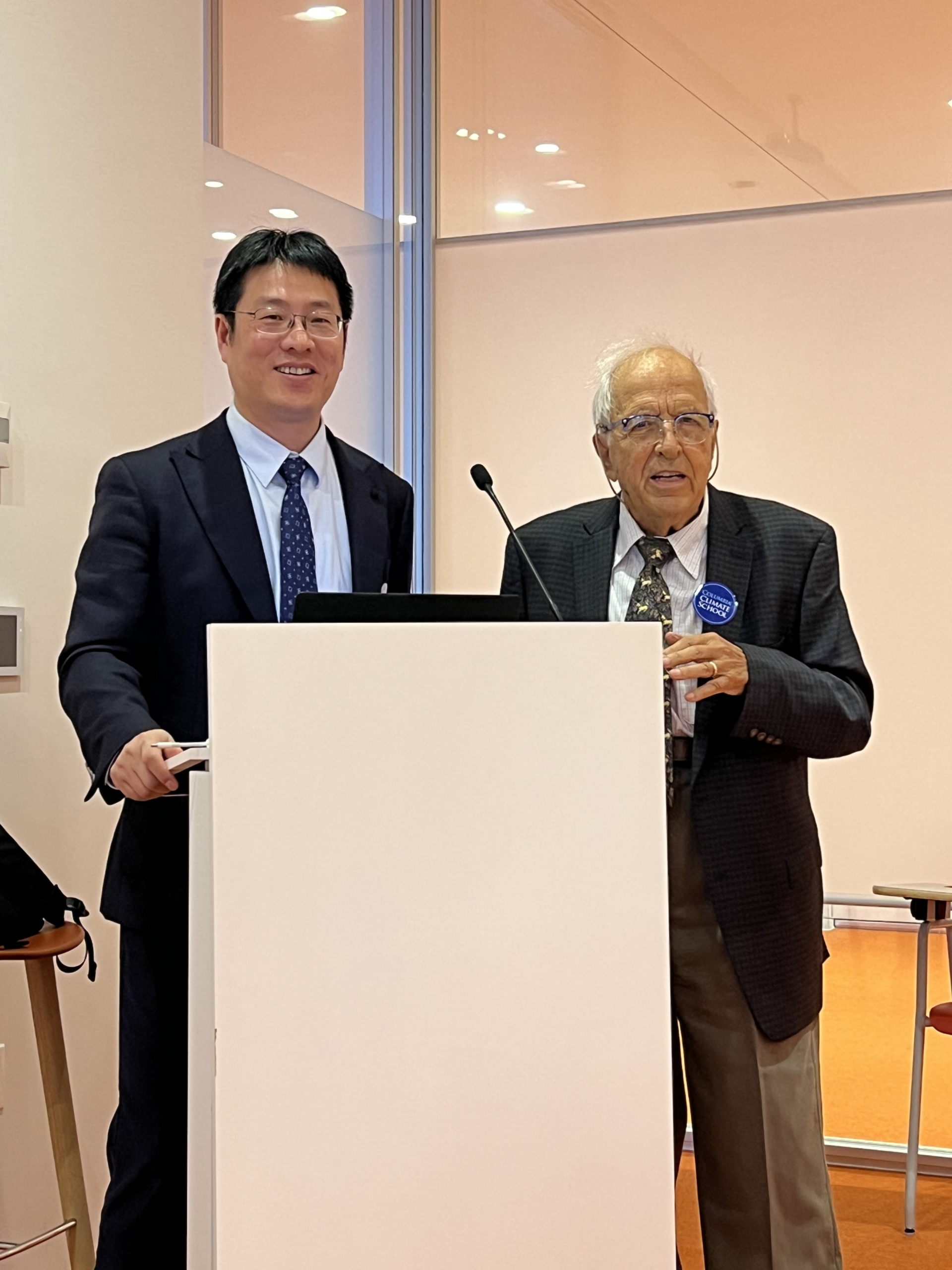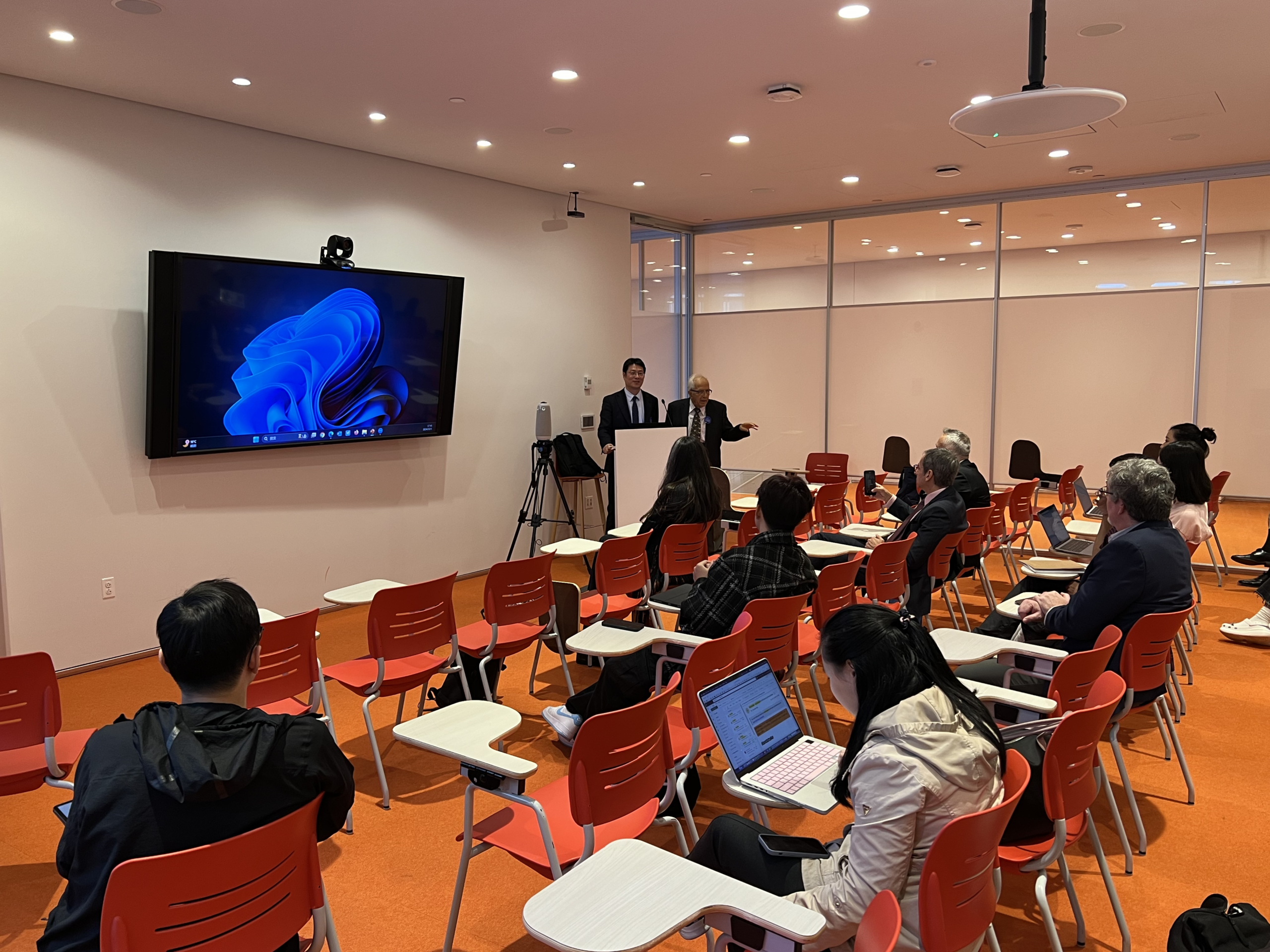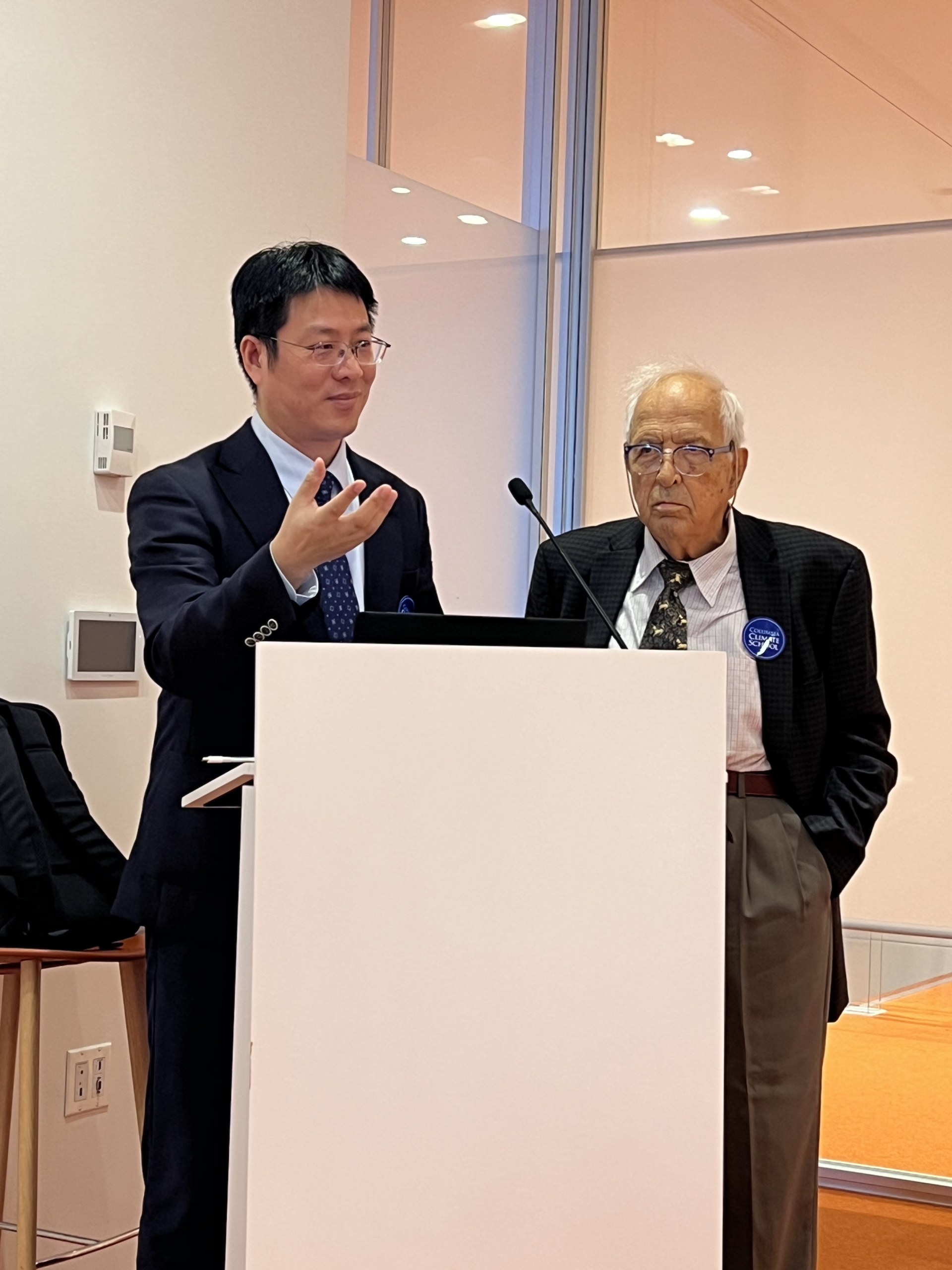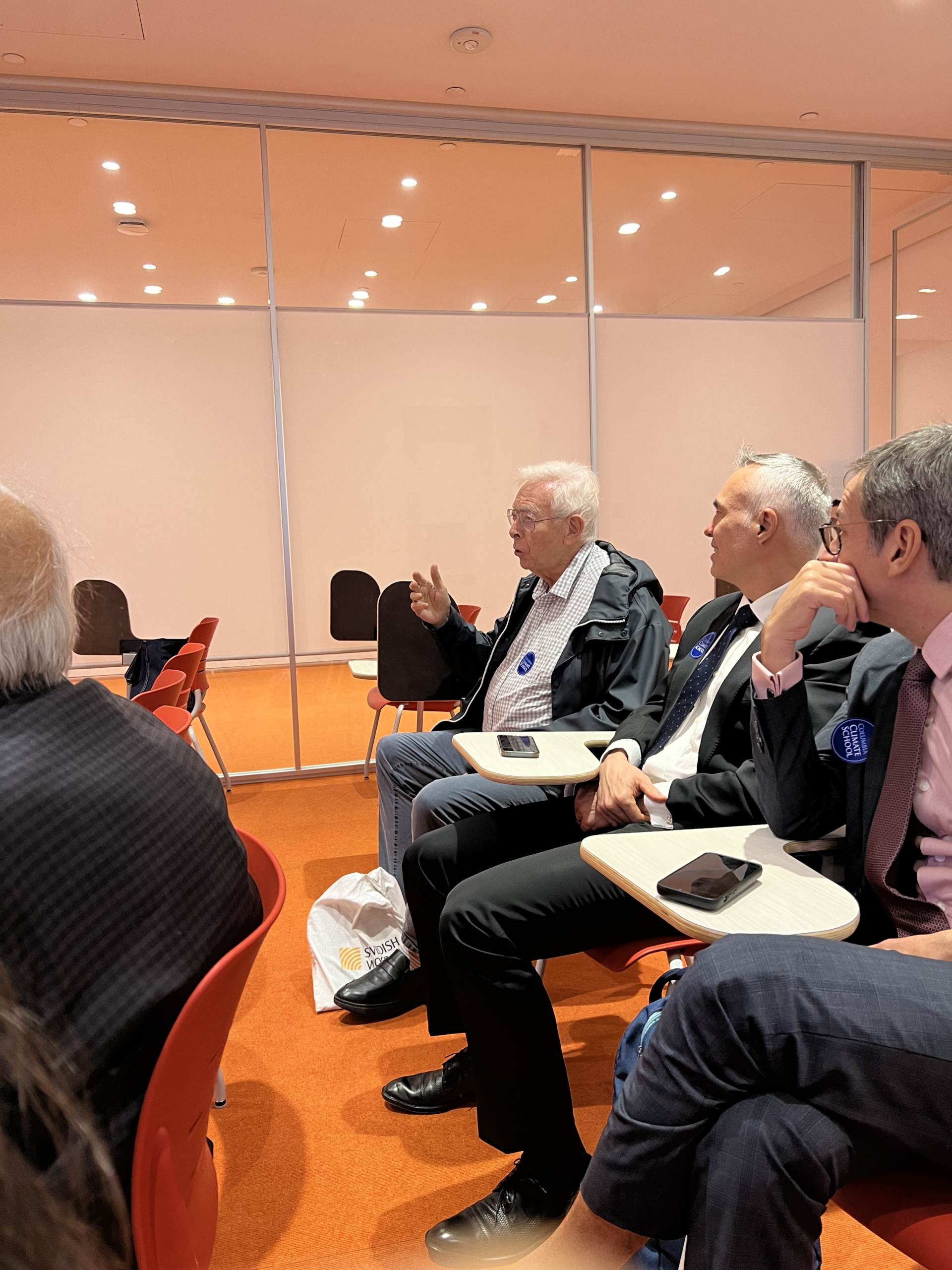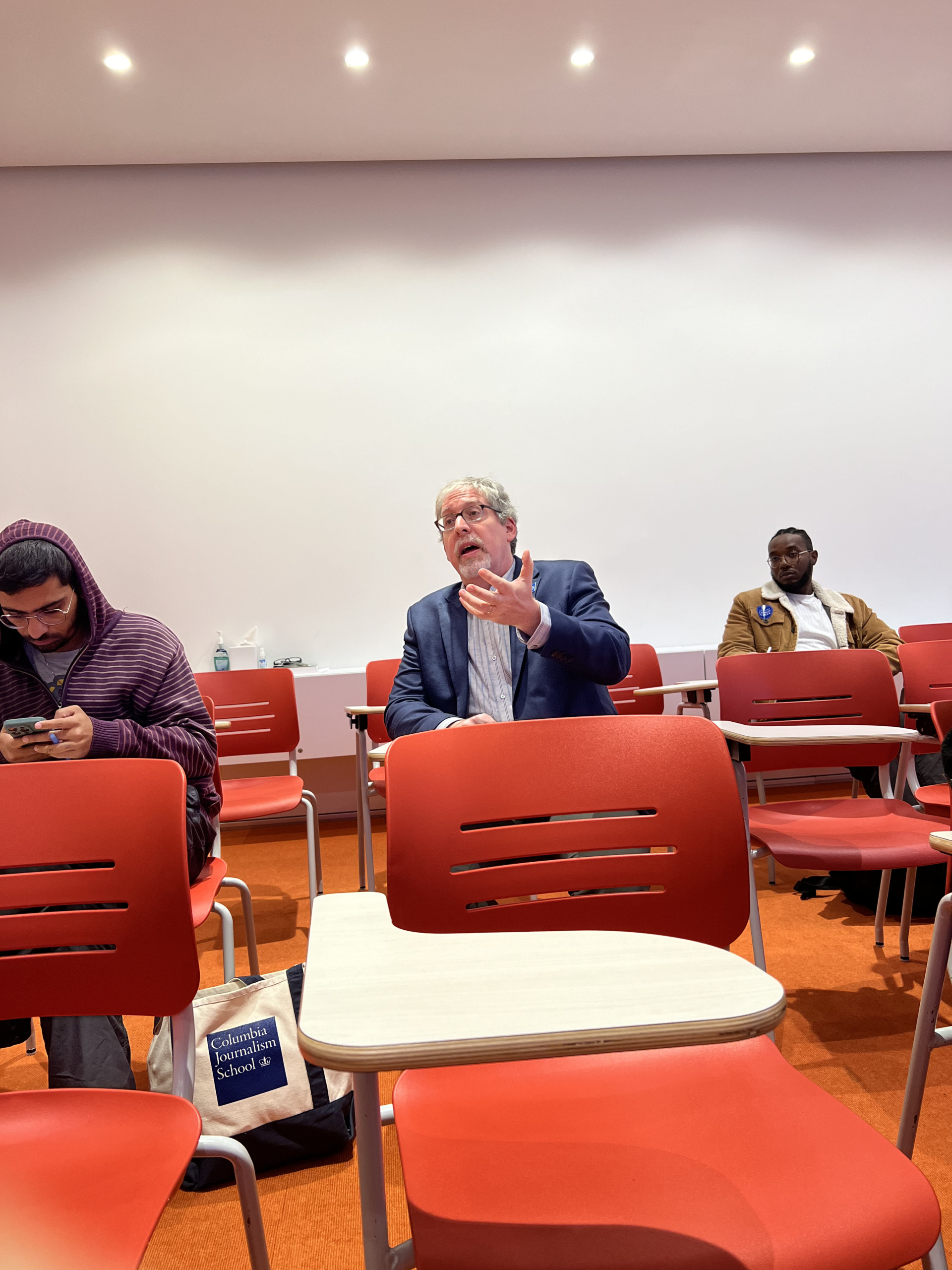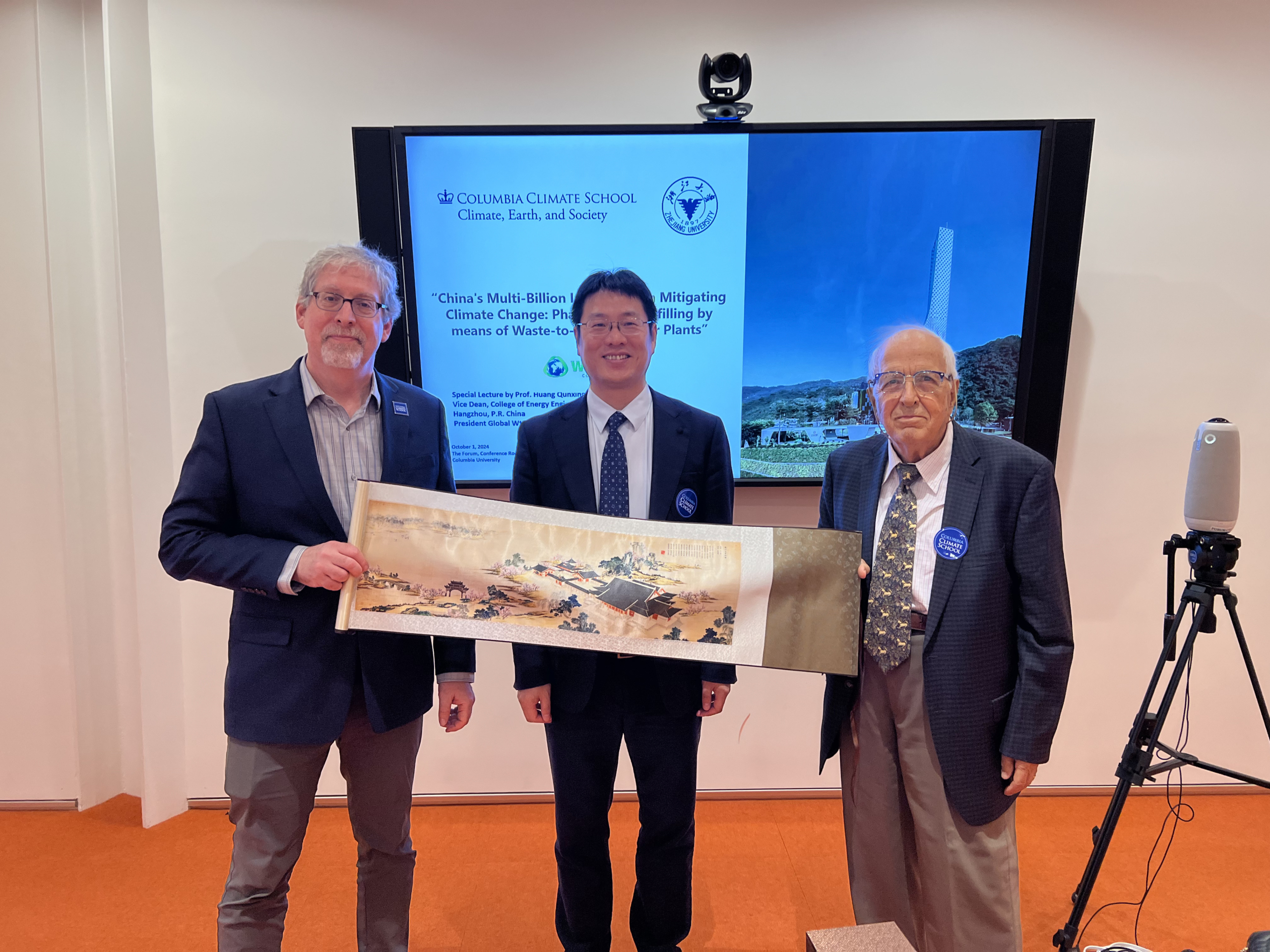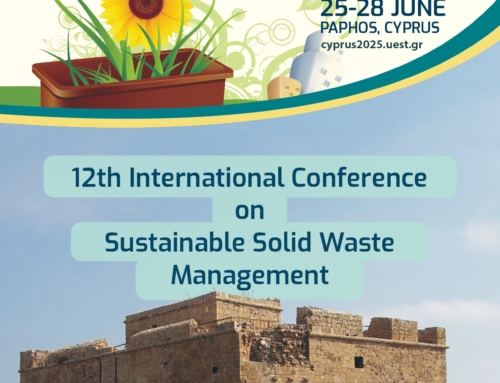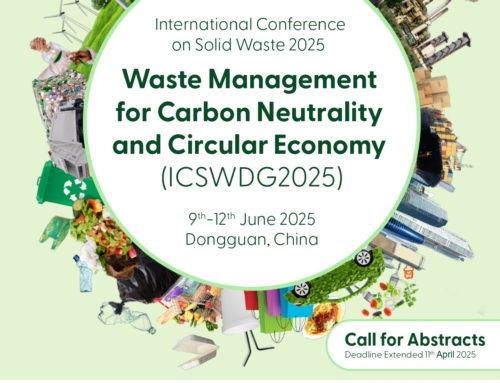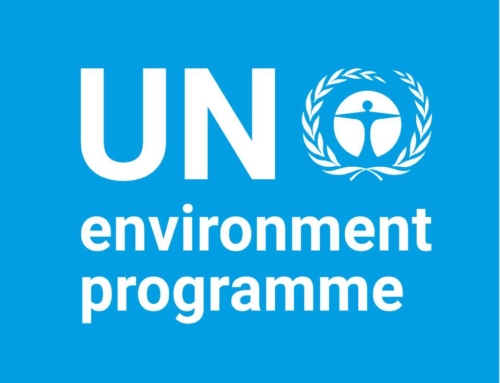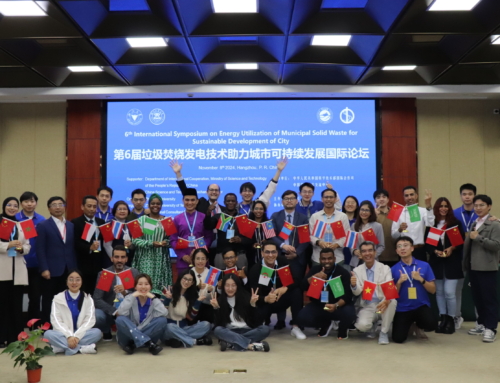Press Release
Professor Huang Qunxing Delivers Insightful Lecture on Waste-to-Energy Innovations at Columbia University
New York, NY — October 1, 2024 — The Columbia Climate School hosted a distinguished lecture featuring Professor Huang Qunxing, Vice-Dean of the College of Energy at Zhejiang University in Hangzhou, China and President of the Global WtERT Council (WtERT®). Renowned for his expertise in Waste-to-Energy (WtE) technologies, Prof. Huang was introduced by Prof, Jeffrey Shaman, interim the dean of Columbia’s Climate School.
Prof. Huang began by providing an overview of Zhejiang University, setting the stage for a deeper discussion on global waste management. He highlighted the global problem of non-sustainable waste disposal and its significant impact on climate change.
As a model for sustainable waste management, Professor Huang presented China’s intensive efforts in building over 1,000 waste-to-energy power plants, which have resulted in the annual conversion of over 200 million tons of after-recycling urban wastes to electricity and significantly reducing reliance on landfills. The national plan calls for phasing out landfills by 2030.
Professor Huang outlined the innovative policies being implemented, which include waste classification strategies, equipment upgrades, and advancements in energy conversion efficiency. These efforts are projected to reduce the carbon-energy coefficient of WtE facilities from 0.99 to 0.52 kg CO₂eq/kWh by 2060, bringing it in line with natural gas levels.
Moreover, China has committed to transparency by making data available to the public regarding the capacities of all WtE plants, furnace temperatures, and emissions levels. This openness aims to build trust and accountability in the implementation of WtE technologies.
Professor Huang also emphasized the significance of reclaiming and repurposing old landfill sites. With the WtE industry in China currently valued at approximately $80 billion, he illustrated how innovative waste management practices are essential in mitigating climate change and fostering sustainable development.
A particularly exciting aspect of Professor Huang’s presentation was his discussion of the role of artificial intelligence (AI) in enhancing WtE processes. He highlighted the development of a general platform for an intelligent image recognition system based on machine and deep learning, which can significantly optimize waste sorting and processing efficiency.
The audience actively engaged in discussions, raising questions about the implementation of these initiatives and the technological advancements that drive them. Attendees included faculty members, students, and professionals from various environmental organizations.
Don’t miss the opportunity to delve deeper into Professor Huang Qunxing’s insights! The full lecture, including an engaging Q&A session, is now available for viewing on the Columbia Climate School’s YouTube channel
